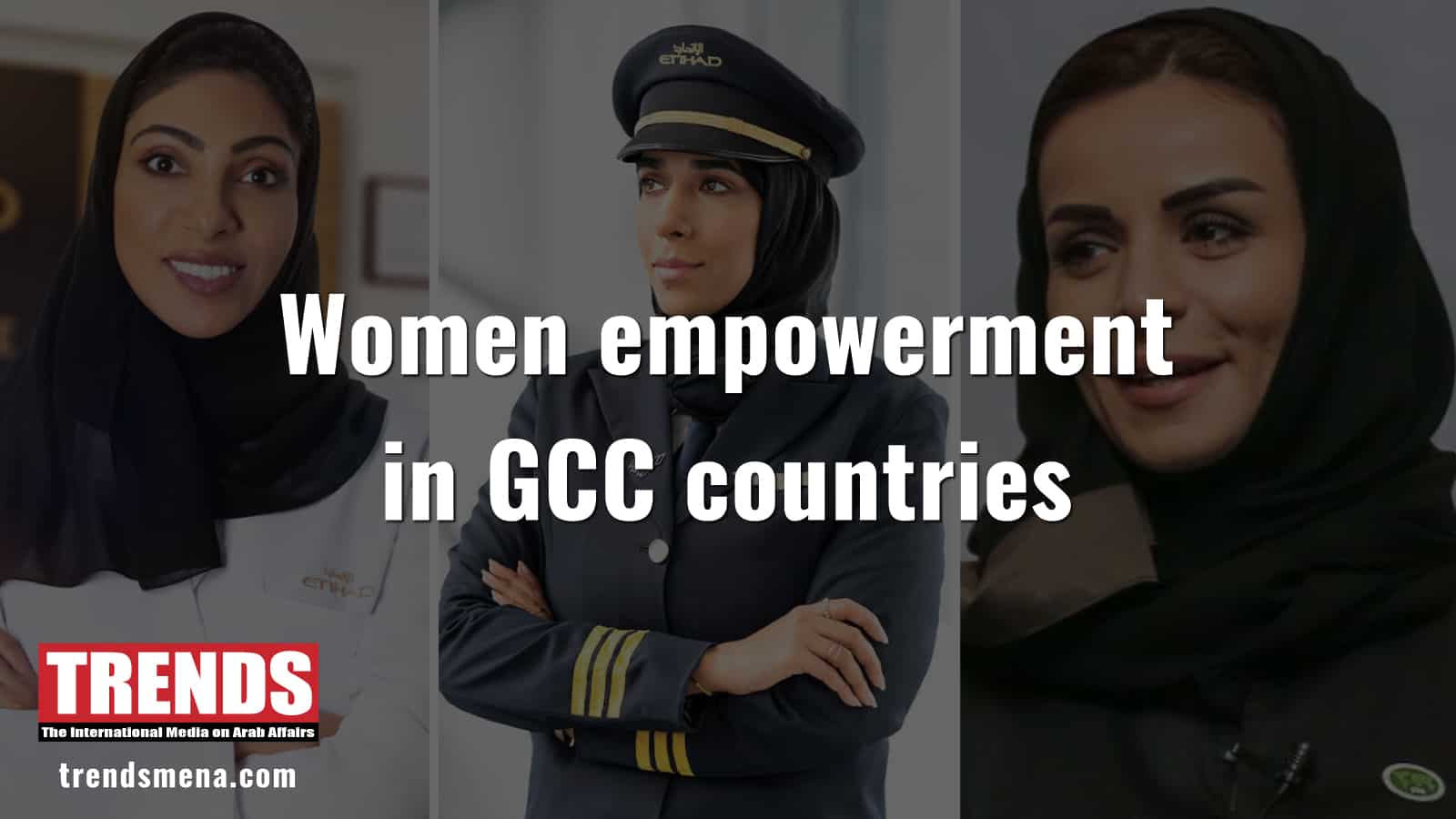Gulf Cooperation Council states have achieved phenomenal economic growth during the past decades and they have firmly set eyes on the future by embracing digital technologies in nearly all spheres of life.
In their endeavor to achieve various short-term and long-term goals by 2030 or 2050, the GCC countries have prioritized diversifying their economies to cut dependence on oil, which continues to be the major driver of the regional economic engines.
Realizing that these transformational ambitions cannot be achieved without empowering the local populations, these countries have initiated programs, such as Emiratization and Saudization, to include an ever increasing number of their nationals into the workforce.
This indigenization of the workforce and economies would have limitations if the women are excluded. Therefore, gradually, women empowerment is becoming an important element in the economic policies of Gulf countries. Already, women are occupying top positions in big companies.
TRENDS highlights some important aspects of women empowerment in the GCC region.








